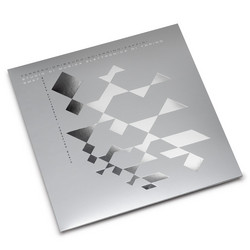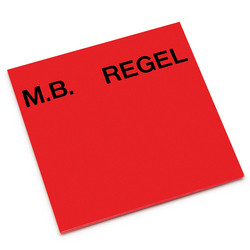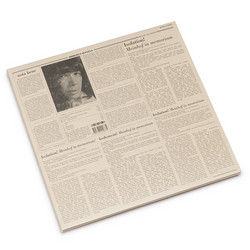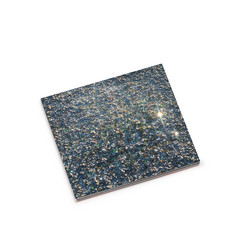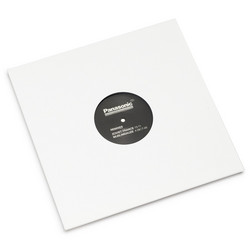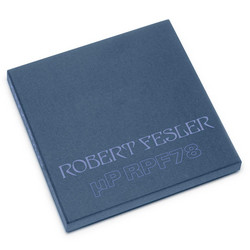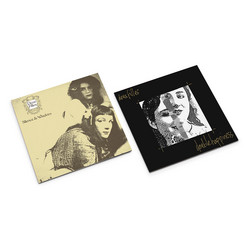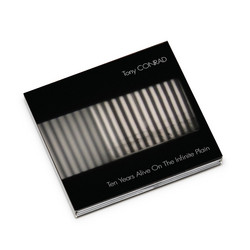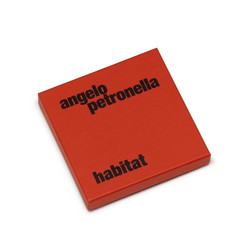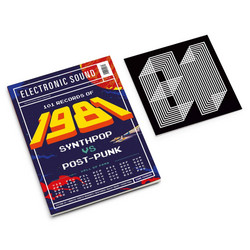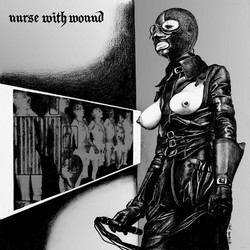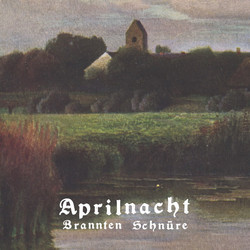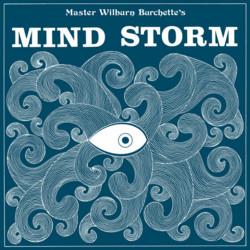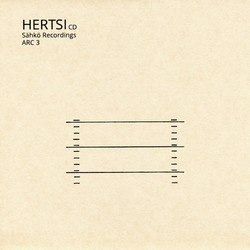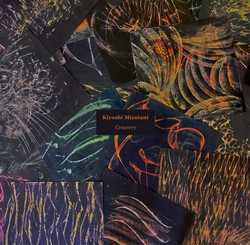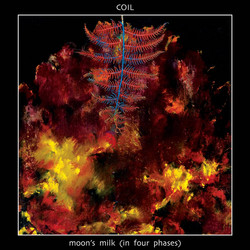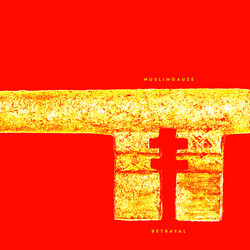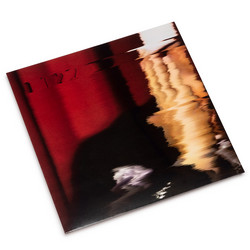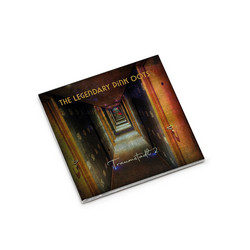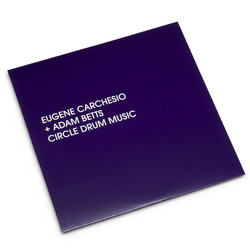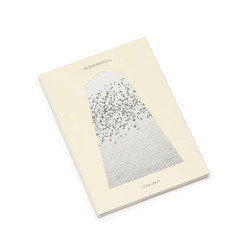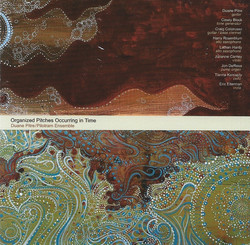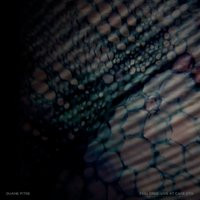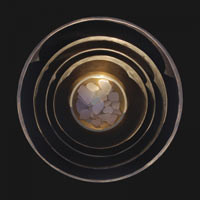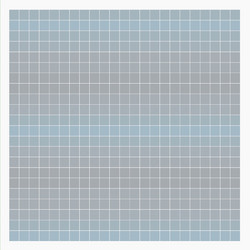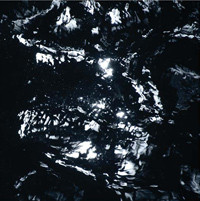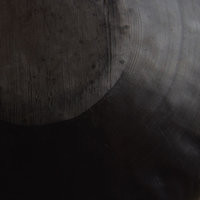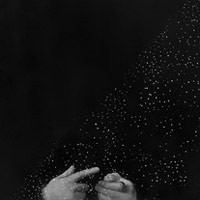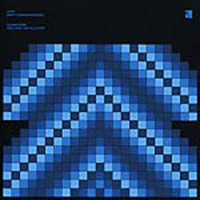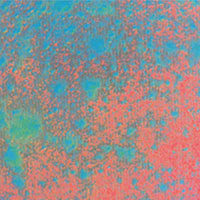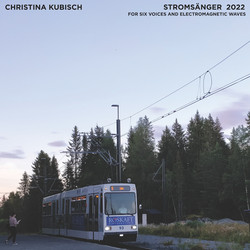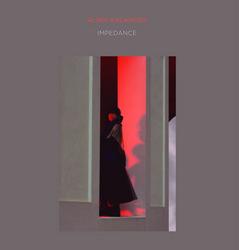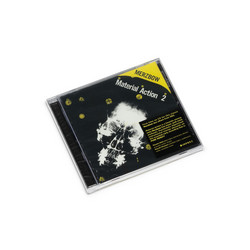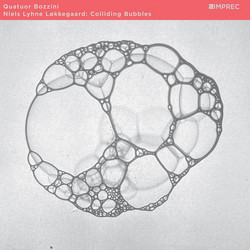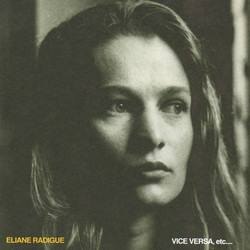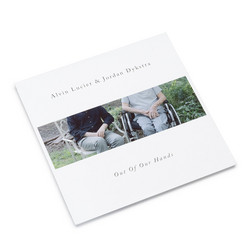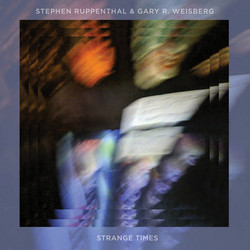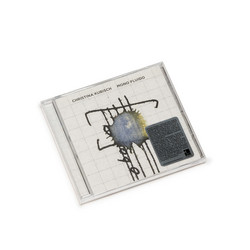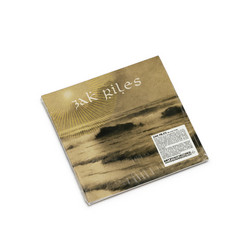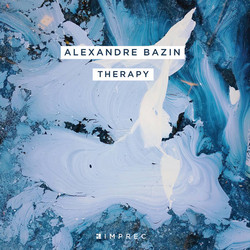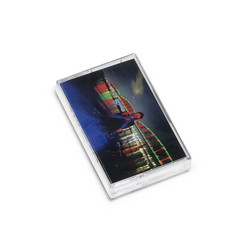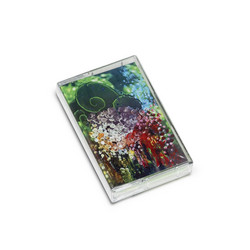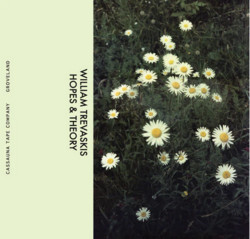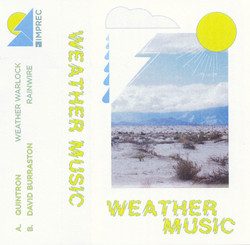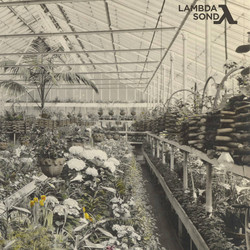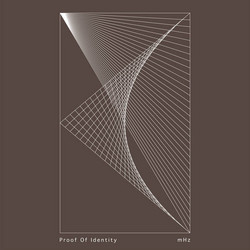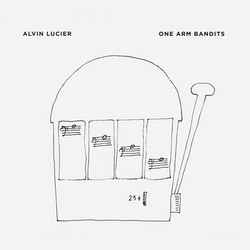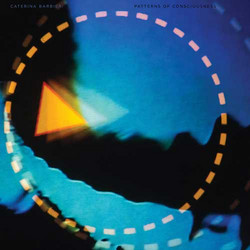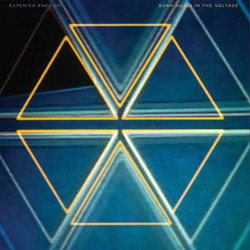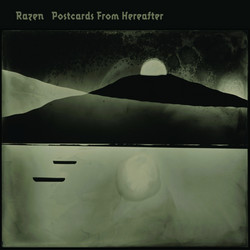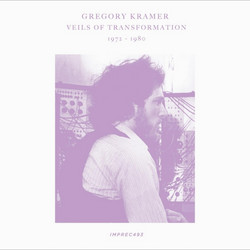Duane Pitre
Bayou Electric
CD edition. Bayou Electric is the final installment in an unplanned trilogy, with Feel Free and Bridges making up the first and second installments in the series, respectively. All three works share similar characteristics, compositional processes, alternate tuning schemes, instrumentation, and a certain ethos that the composer views as cohesive whole. There is a progression toward refinement over the course of this trilogy, in the overall sound of the albums and in their dependence on other musicians to realize them (each less dependent than its predecessor). Bayou Electric, which contains a single, calming, and cathartic composition (of the same title), brings this cycle to a gentle and unhurried finale. Duane Pitre captured the field recording utilized in Bayou Electric on a late night in August, 2010, at the edge of Four Mile Bayou, Louisiana, which has been in Pitre's family since January 14, 1922. Upon listening to what he'd captured, Pitre became enthralled by the fabric of sound that the wildlife on this waterway had created. It evoked many feelings, reminded him that his ancestors had lived among these same sounds and walked the same land, and created a powerful connection and a sense of timelessness. Pitre was set on finding a way to use this field recording in his music, but wanted to do so without simply adding it to a composition as just another layer of sound or by molding it (via processing) into something easier to work with. Instead, Pitre decided to start with the unaltered field recording and build the instrumentation around it, in a highly sympathetic manner, with the musical portion becoming accompaniment to the sounds of this remote land. This was the catalyst of Bayou Electric and of primary importance to him, as a way to artistically connect to his Cajun heritage. For synthesizers; sine tones; amplified violin, viola, and cello; field recording; and custom software. Written, recorded, reconfigured, and mixed from July through October of 2014 in New Orleans.
"At the base of Bayou Electric is a field recording that Pitre made in Louisiana back in August 2010. It's unmistakably the sound of the night; the soundscape of wildlife filling the empty spaces where light and landscape used to be, with insects purring and chirping like water flow and electric fences. There's a sense of rural, open space as the chorus fills up the sky. No doubt the view during the day extends for miles on all sides, spilling down the sides of lush hills and rising upward to touch the clouds. Instead of carving up this recording and dispersing it amongst other instrumentation, Pitre keeps it intact. The landscape exists as a whole, and the instruments sprout upon it like plant life. Violins and organs linger like late evening fog, spreading into eachother with unconscious movement, and with the same grace and ecological cohesion that his environment exists and interacts, Pitre embeds a music that swerves and sways as the wind and weather dictate." Attn Magazine
"Pitre's swelling tones evoke frankly emotional grandeur." Dusted
"It's easy to bathe in Bayou Electric as an atmosphere, a replication of time and place. But it's also hard to listen without the subtle musicality and undercurrent of composition seeping into your brain, making you hear this 48-minute piece not as nature nor artifice nor even something in between, but a third thing - one which naming would likely oversimplify. Throughout his "unplanned trilogy" Pitre has been adept at creating experience, making something exist that wasn't there before and encompass what wasn't surrounded before. In that sense, Bayou Electric might be his greatest triumph, because its source material existed since before any of us, yet what Pitre does with it is genuinely new." Marc Masters/The Out Door
Edition of 500
